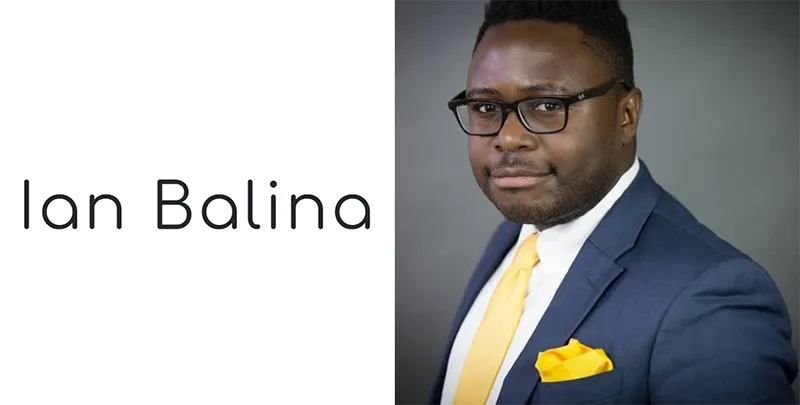
Ian Belina (an cryptocureency investor, advisor and influencer) and many others became multi-millionaires in 2017 from investing in Initial Coin Offers (ICOs). As a result, retail investors are begging on their knees to give away…I mean invests their hard earned or mortgaged back funds to any company that has the word “Blockchain” in the name or a website name ending in “.IO”. Since we live in a capitals society, these vultures…I mean…blood sucking…I mean enterprises are seeking funding, not for their business, but for their idea/concept and worst case scheme to take advantage of the uninformed.
Earlier this year Bitcoin.com recently completed a study of the 902 ICOs that took place last year. Of those, 142 failed at the funding stage. Another 276 failed after either taking the money and running or simply failing as a business. So a full 46% of all ICOs last year have already failed. This is way the US and China have banned ICOs. This is why the Securities and Exchange Commission (SEC) issued dozens of subpoenas to companies that conducted or advised on ICOs.
Despite the madness out there in the nascent space of Cryptocurrencies, 10-20 companies continue to announce ICOs every day, because they know retail investors are trying to find the next Ethereum and Neo. So if you are going to swim with the sharks, make sure you are in a metal cage and have some type of system for evaluating/ranking ICOs.
Some suggested criteria for evaluating ICOs include:
*Team
Is the team active and engaged in Telegram, Subreddit, Discord, etc? Are Team members listed on LinkedIn and do they have credential, related work experience and accomplishments in the field of Cryptocurrency ?
*Whitepaper
Does the whitepaper present a good use case for the project? Are their “me too” projects already in existence? Is the whitepaper clear and does it communicate a clear picture of what it wants to accomplish. Does a whitepaper even exist? What is the token for?
*Prototype
The best performing ICOs have a working prototype. While "whitepaper ICOs" can still be successful, it increase the odds if it already has a working product or customer base.
*Tokenomics
What’s the token supply and the intial sales price? Is there a hardcap and/or individual cap on how much can be purchased? What percentage of the tokens are on sale?
However, if you still need help validating ICOs, I came across a company called TruStory recently. TruStory is a platform for users to research and validate claims that people make online. Their mission is to bring authenticity to the decentralized world.
TruStory just raised $3 million in seed funding led by True Ventures with participation from Pantera Capital, Kindred Ventures, Homebrew, Coinbase Ventures, Wonder Ventures, Abstract Ventures and former TechCrunch co-editor Alexia Tsotsis through her new fund Dream Machine, individual investors, including Coinbase co-founder Fred Ehrsam, entrepreneur and investor Scott Belsky and former Twitter M&A executive Jessica Verrilli.
TruStory’s founder, Preethi Kasireddy, implemented the front-end interfaces and APIs required for the integration of Ethereum onto the Coinbase brokerage platform, among other things. It was this experience where she learned about the multitude of scammers and companies making fake claims during the ICO process and wanted to make difference.
NOTE: Preethi has also worked at Andreessen Horowitz, Partner, Goldman Sachs, Investment Banking Analyst and has a B.S. Industrial and Systems Engineering from USC.

TruStory will use the knowledge base of people verify claims made about a company, project or person. When someone successfully validates a claim or a false claim, she or he will earn tokens, reputation and influence through a protocol.
TruStory is currently looking for engineers and operators to join the team. If you have the skill sets or the drive to make a positive difference in Crypto space, you should consider sending your resume to careers@trustory.io
